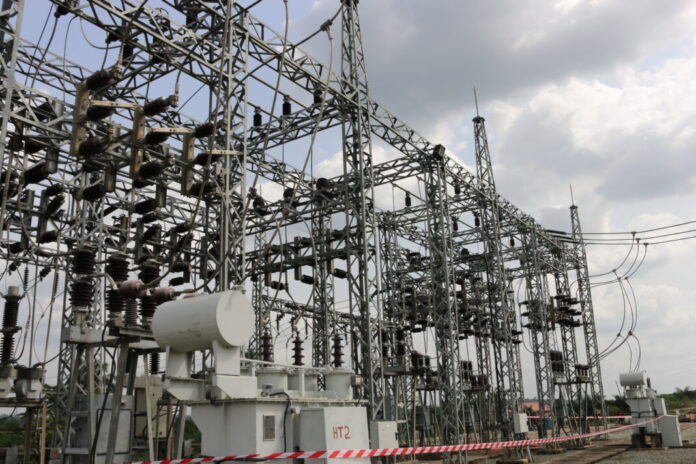The Nigerian Electricity Regulatory Commission (NERC) has issued a stern directive to electricity distribution companies (DisCos) to downgrade customers in the Band A category if they fail to meet the minimum electricity supply requirement.
NERC’s Commissioner for Licensing and Legal, Dafe Akpeneye, revealed this important decision during an interview on Channels Television’s Morning Brief on Friday, November 22, 2024.
The Band A category consists of customers who are promised a minimum of 20 hours of electricity supply daily. However, Akpeneye explained that if DisCos are unable to meet this commitment, they must downgrade these customers to a lower supply category.
“This migration is not optional for the customer,” Akpeneye said. “The DisCos must apply and ensure they can supply power to customers in Band A. If they can’t meet the supply requirement, they are obligated to downgrade those customers to the appropriate category that aligns with their capacity.”
According to Akpeneye, the capacity to supply electricity largely depends on the availability of power from the national grid. When supply from the grid falls short, it becomes impossible for DisCos to meet their commitments.
“The distribution companies can only distribute the power that is available on the grid,” Akpeneye explained. “If the grid doesn’t have enough supply, the DisCos cannot fulfill their promises. However, we believe the grid situation will improve, and when it does not, DisCos must adjust their supply to match their available capacity.”
This directive comes as part of ongoing efforts by NERC to ensure that electricity distribution in Nigeria becomes more efficient and transparent. The regulation aims to protect customers while holding DisCos accountable for their supply promises.
Akpeneye also addressed concerns about the emerging role of state governments in electricity regulation. He clarified that under the Nigerian constitution, states now have the authority to generate, transmit, and distribute electricity within their own boundaries without federal restrictions.
“States have been granted constitutional powers to handle electricity generation, transmission, and distribution,” Akpeneye said. “This means that states can now establish their own electricity markets and regulate them independently. We are seeing states like Oyo taking proactive steps to build capacity in this area.”
Akpeneye noted that Oyo State has already begun working closely with NERC, undergoing training sessions and learning from international regulatory bodies. “The team from Oyo State has been with us for a week to study our processes. Before coming to us, they had visited Ghana and undergone an intensive training session. States are building their capacity, and we expect them to grow and learn in this space.”
The NERC Commissioner also emphasized the importance of following the correct procedure when lodging complaints against DisCos. According to him, before customers can escalate their complaints to NERC, they must first report them to the respective DisCos. If no response is received within a reasonable time, customers can then approach NERC’s Consumer Forum for resolution.
“The process for handling customer complaints is well-established,” Akpeneye stated. “First, customers need to lodge complaints with their DisCos. If the DisCos fail to address the issues within a specific time frame, then NERC’s Consumer Forum steps in to mediate.”
He assured the public that NERC’s regulations are designed to ensure fairness and transparency in resolving customer issues. “We ensure that complaints are handled fairly. If a customer has been overbilled or faces unfair treatment, we work to provide redress. Similarly, we take appropriate action in cases where customers bypass meters or engage in illegal activities.”
Akpeneye’s comments underline the growing importance of customer protection in Nigeria’s electricity sector. While the country’s power supply remains a challenge, NERC is pushing for more accountability from DisCos, while also allowing states to play a greater role in addressing local power needs.
The directive for DisCos to downgrade customers in Band A, if they cannot meet supply promises, is seen as a bold step to tackle the ongoing power supply challenges in Nigeria. It also sends a clear message to DisCos that they must adhere to supply standards or face consequences.
The issue of electricity supply has long been a source of frustration for Nigerians, especially in urban areas where Band A customers are expected to receive nearly full access to power. Many Nigerians have experienced erratic power supply, with frequent outages that affect daily life and business operations.

